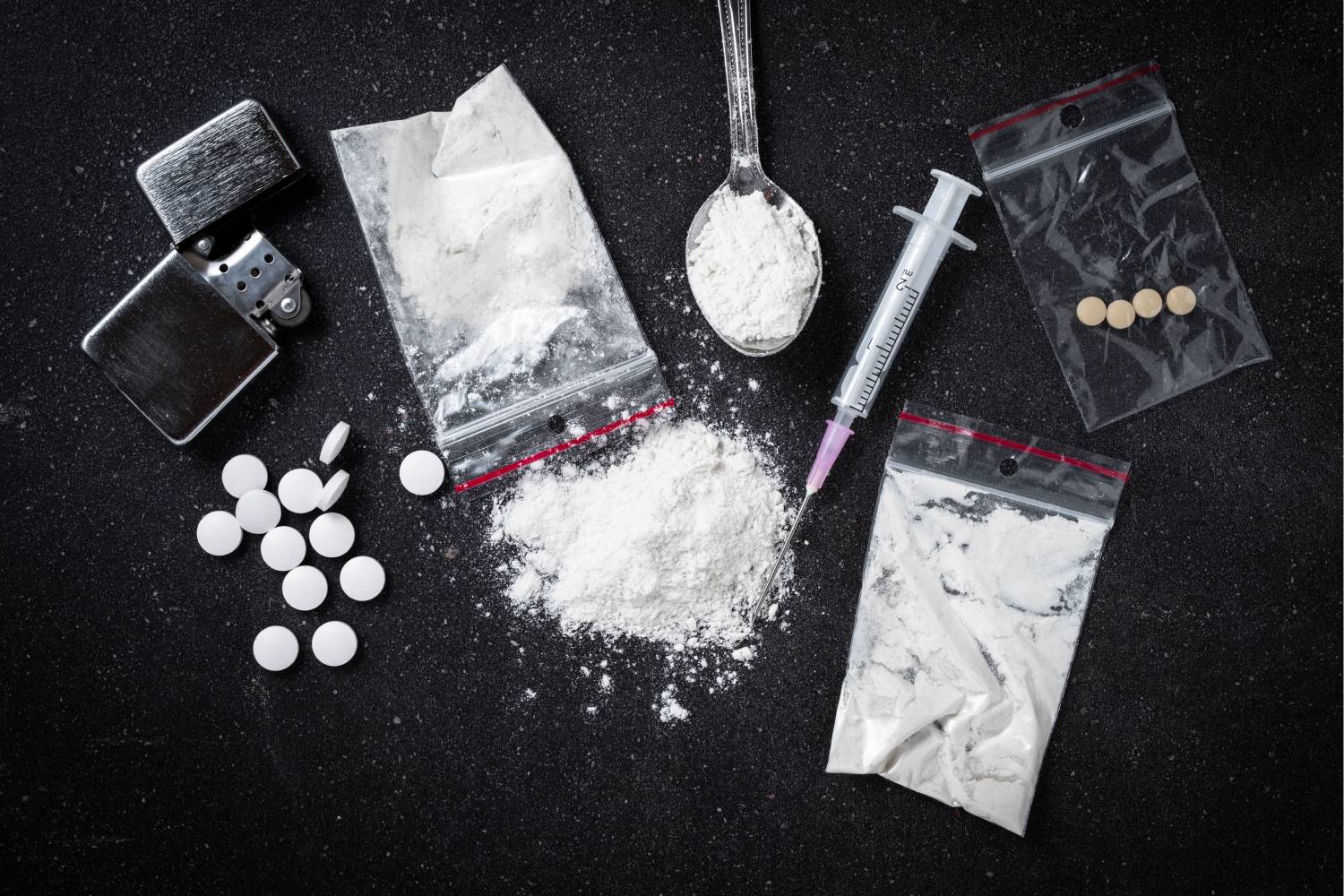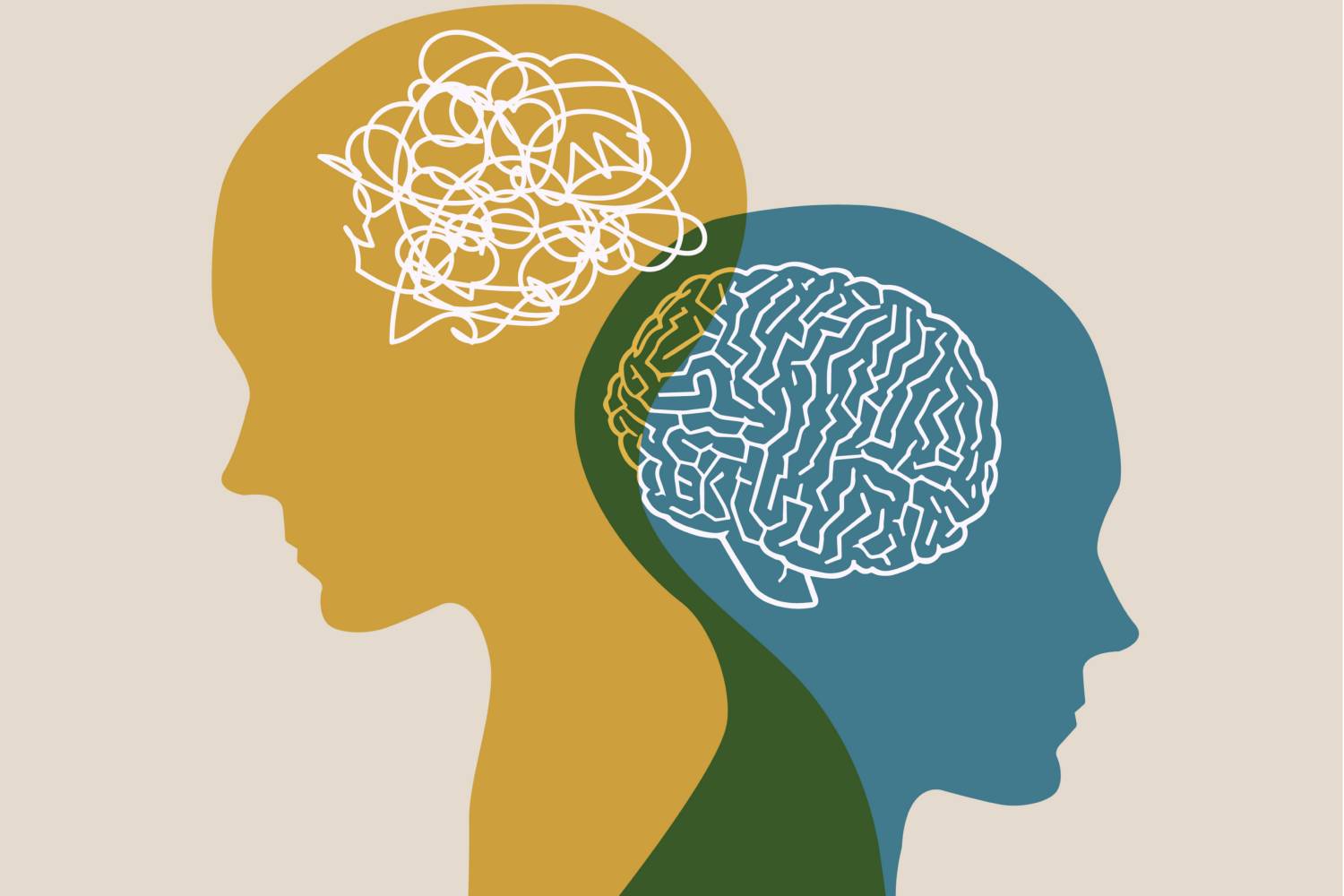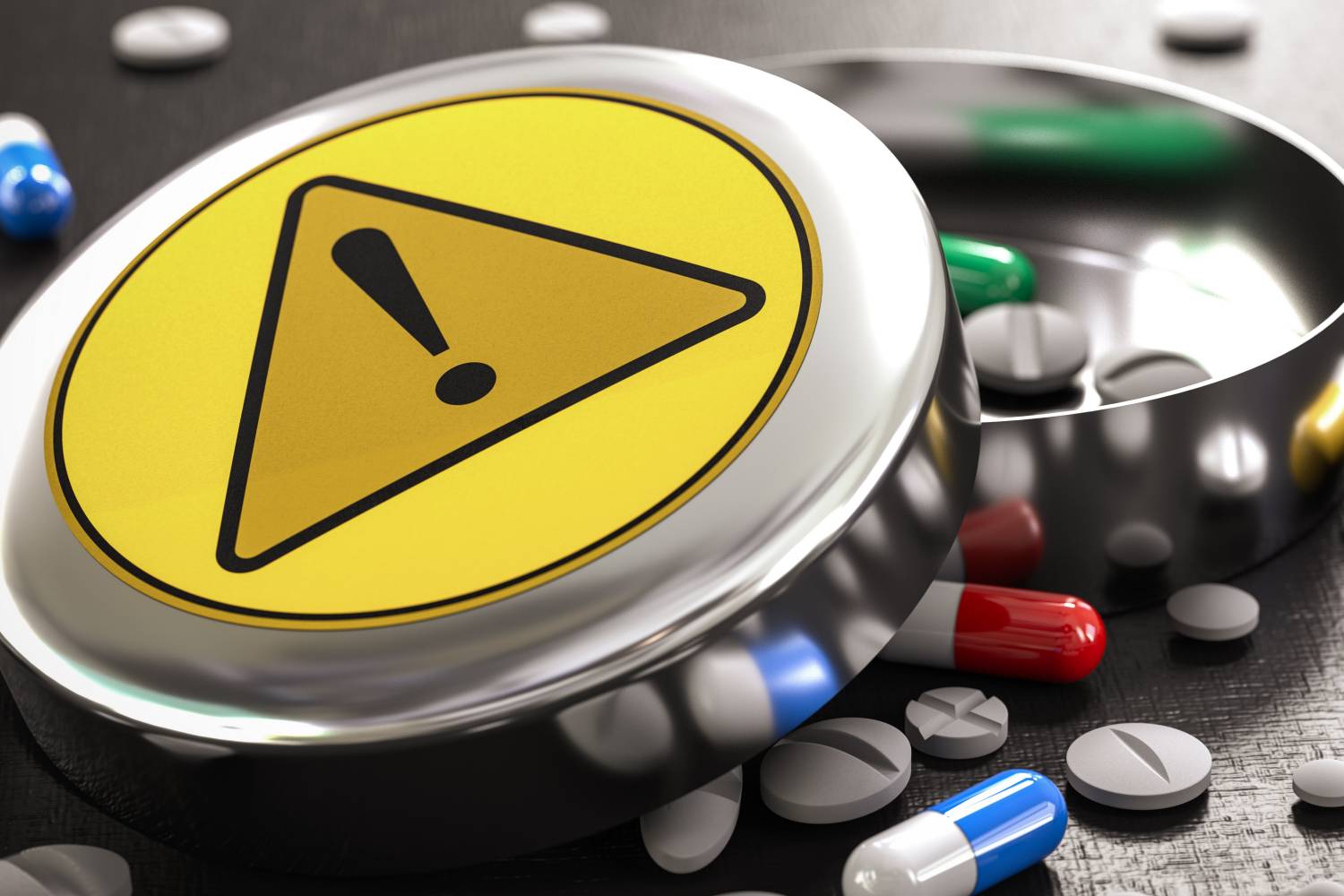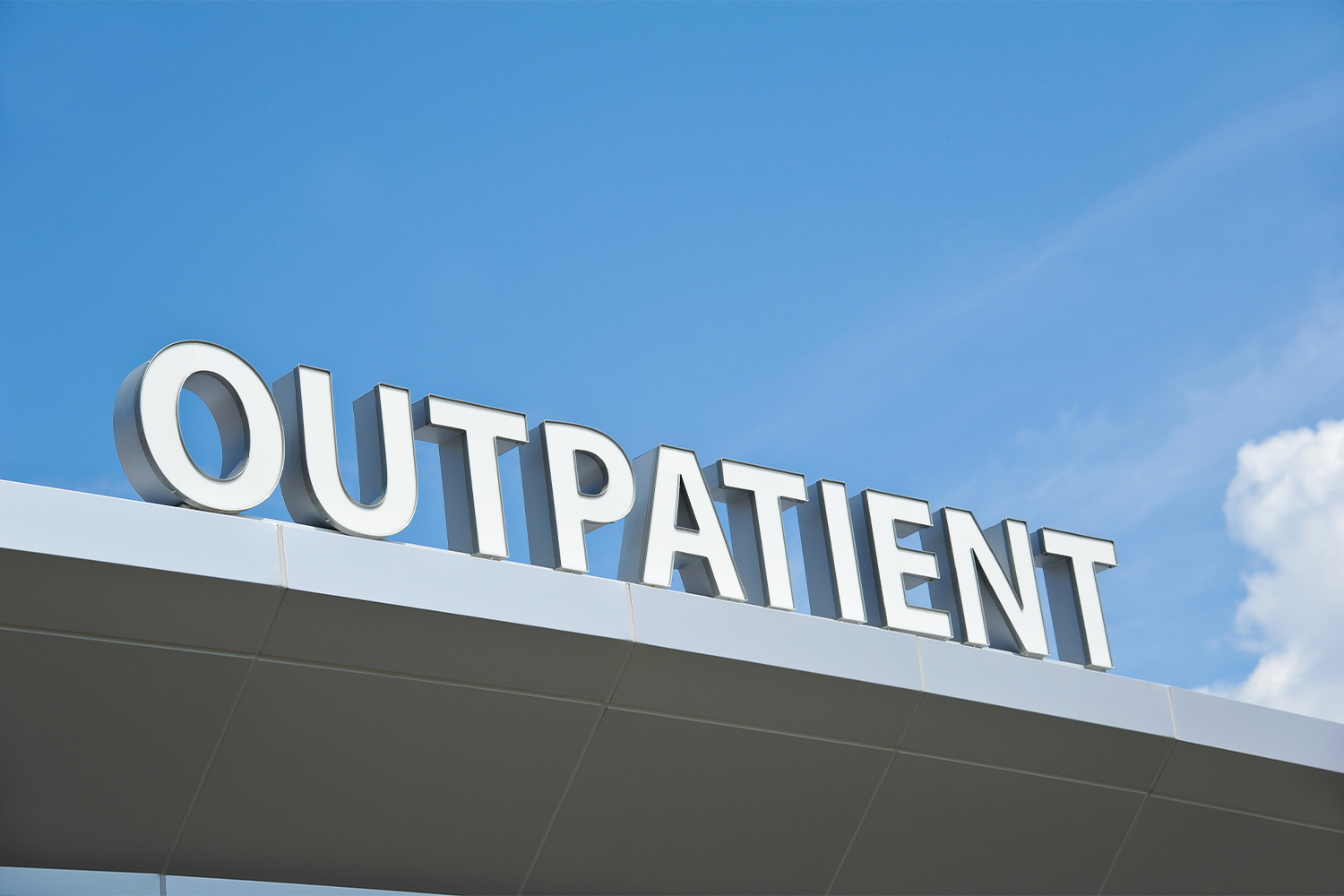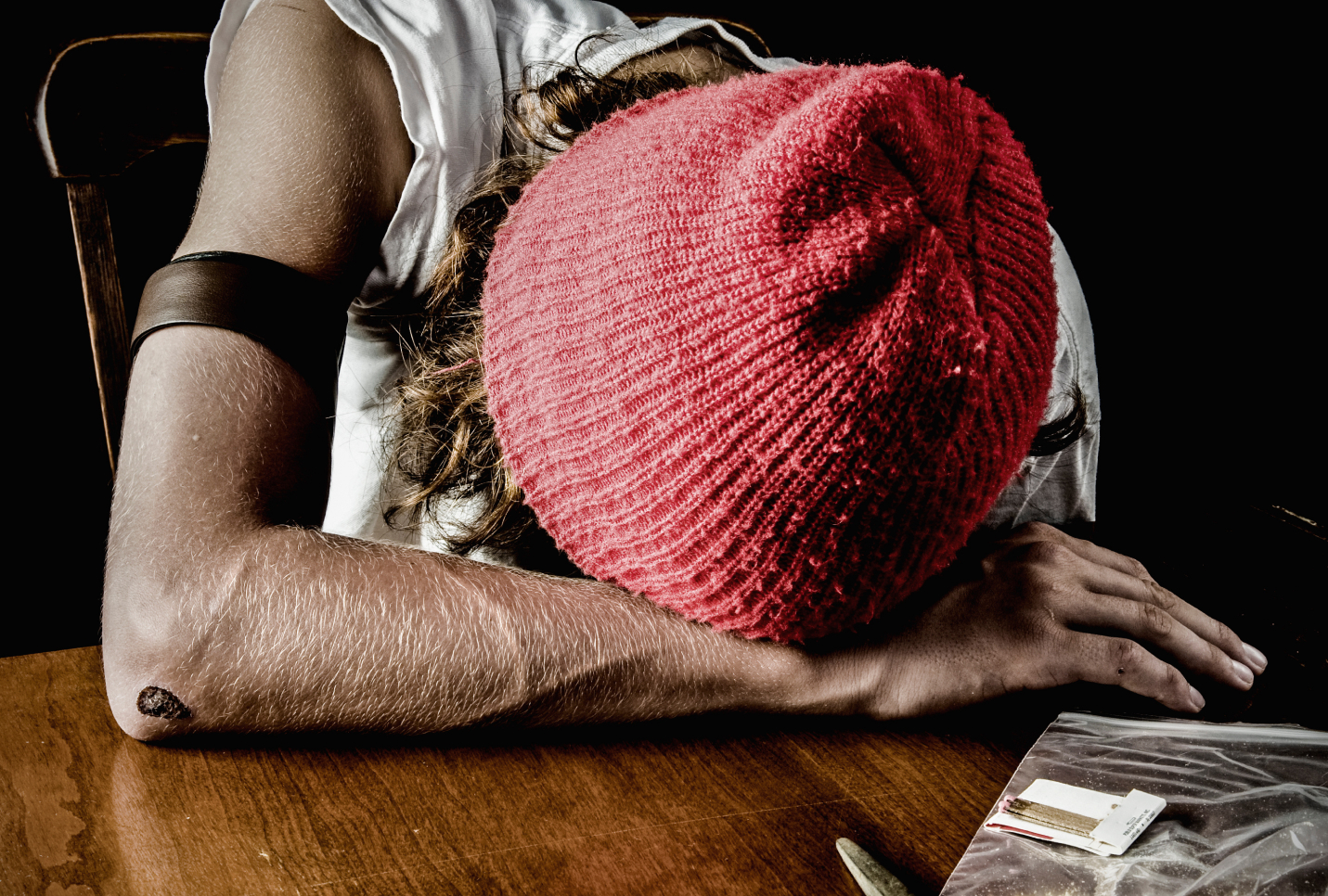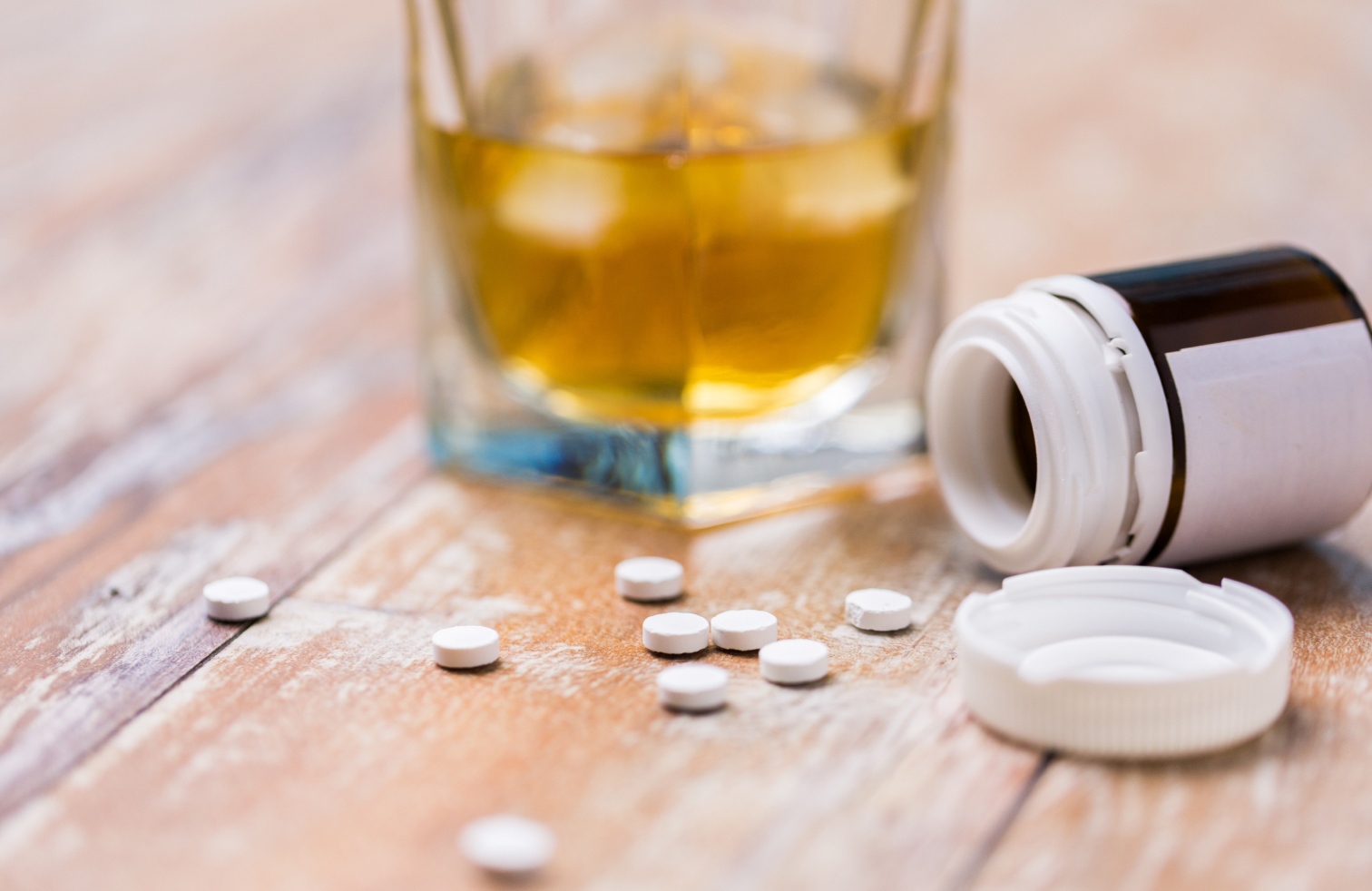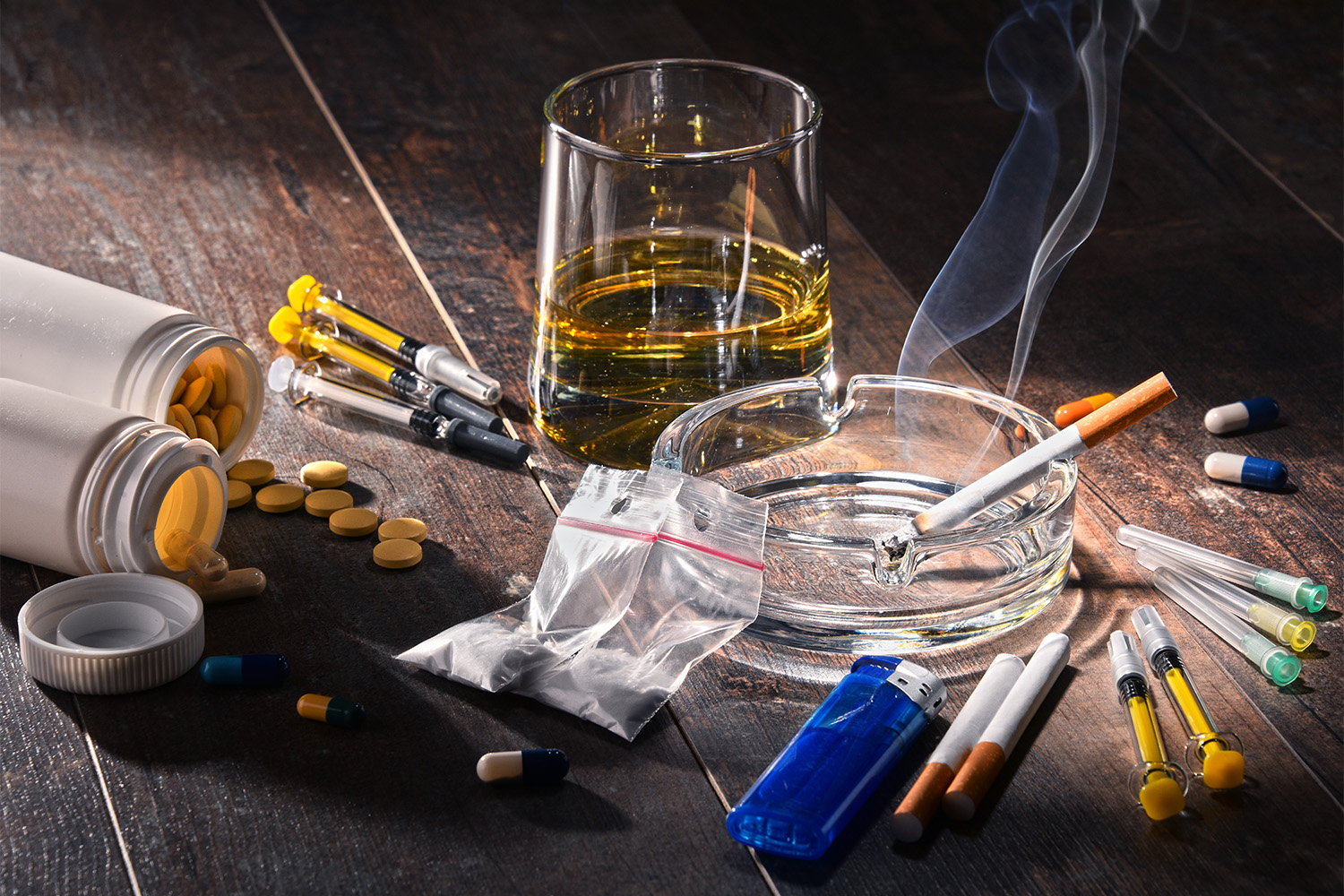In every corner of society, from our neighborhoods to glittering Hollywood, addiction casts its challenging shadow. This struggle doesn’t discriminate by fame, fortune, or demographics.
At its core, addiction is a human challenge, reaching individuals of every background and reminding us of our shared fragility and strength. Yet, amid these challenges, hope shines brightly through the stories of those who embark on the journey of recovery.
Role models in the recovery community — from our close friends to celebrities we admire from afar — serve as powerful beacons, showing that recovery is possible.
Let’s celebrate the spirit of resilience and remind ourselves that sobriety is not just a personal journey but one that many, including some familiar faces, tread upon with grace and determination.
10 Sober Celebrities in Recovery
Each celebrity story sheds light on the universality of addiction challenges, but more importantly, on the strength and willpower inherent in all of us to overcome and find our way back.
1. Demi Lovato
Demi Lovato’s journey, like so many, has been paved with ups and downs. From 2010, they’ve been candid about their challenges with substance use, eating disorders, and bipolar disorder.
In 2018, they experienced a particularly dark moment; after marking six years of sobriety, Demi faced a relapse and a harrowing overdose. However, adversity can lead to profound transformation.
Demi’s commitment to a revitalized, sober life is evident almost five years after the hospitalization. They have discussed how they are committed to being more than “California Sober” and has leaned into therapy, found solace in joyful hobbies, and surrounded themselves with a community that reinforces their positive choices.
Demi’s triumphant return was marked by a successful tour in 2022, showing that with determination and the right support, a comeback is always possible.
2. Drew Barrymore
Drew Barrymore’s story begins astonishingly early. Finding fame as a child, she experienced the pressures of Hollywood firsthand, leading her to experience alcohol addiction by the age of 11 and cocaine addiction by 12.
At just 13, after a suicide attempt, she entered rehab. While Barrymore was sober for many of the following years, life threw more challenges her way. Her third marriage in 2016 ended, leading her to a relapse.
Yet, Drew’s story is not one of defeat but resilience. Relapse, though difficult, is a chapter many face in their recovery journey. It’s not an indication of failure but a reminder that recovery is a continuous process.
Drew’s journey teaches us the importance of seeing relapses not as reasons for shame or judgment but as moments that can be overcome with the right tools and resources. Now, having journeyed through the highs and lows, Barrymore stands strong.
She continues to host her successful daytime show and is not only sober but also managing a fulfilling personal life, dating, co-parenting her children, and surrounding herself with supportive friends. Her story is a testament to the fact that with determination and support, recovery is always within reach.
3. Robert Downey Jr.
A tale of revival and determination defines Robert Downey Jr.’s journey. With a family history of addiction, the early chapters of Downey Jr.’s life are filled with tumultuous stories.
From being a teenage sensation to navigating the pitfalls of stardom, Downey Jr. battled with cocaine, heroin, and alcohol abuse. Court-mandated rehab and prison were recurring phases of his life. But, during what Downey Jr. considers one of the lowest points of his life, he took the leap of committing to his recovery journey.
Leaving behind his troubled past, Downey Jr. embarked on a new chapter of sobriety and renewal. This remarkable turnaround saw him rise from the shadows of obscurity to the limelight of Hollywood’s A-list.
With iconic roles in movies such as Iron Man, Tropic Thunder, and the Avengers series, he reminds us that the path to redemption is paved with resilience.
4. Bradley Cooper
Bradley Cooper’s story is an intimate tapestry of success, vulnerability, and redemption. While Cooper is now committed to his sober lifestyle, his experience with addiction — which he channeled for his 2018 Oscar-nominated role in A Star Is Born — is raw and personal.
The year 2006 marked a challenging chapter, with an arrest for cocaine possession that thrust him into international headlines, threatening to overshadow his ascending career. Yet, adversity can be a catalyst for profound transformation.
With 19 years of sobriety now under his belt, Cooper’s commitment to recovery isn’t just personal. He actively supports others in his circle in navigating the challenges of addiction.
Over the years, Cooper has been a voice of transparency, candidly sharing his battles with substance abuse and overcoming them. In doing so, he offers hope to countless individuals, reminding them that they can rewrite their narratives with determination and support.
5. Naomi Campbell
Naomi Campbell’s journey through the world of fashion is not just about her prowess on the runway but also about the inner battles she fought away from the spotlight. The iconic supermodel has opened up about her struggles grappling with alcohol and cocaine addiction during the early 2000s.
Recognizing that her drinking was interfering with her life, Campbell decided to join Alcoholics Anonymous, which provided her with a community and approach that helped her embrace sobriety. That was not her only fight; in 1999, she checked into rehab to address her cocaine addiction, signaling her resolve to prioritize her health and well-being.
Today, Naomi stands not only as a beacon in the fashion world but also as a testament to the power of recovery. By sharing her experiences and vulnerability, she offers solace and motivation to others on their journey, highlighting that no matter how steep the path, with support and tools, one can indeed rise again.
6. Samuel L. Jackson
A titan of the film industry, Samuel L. Jackson’s cinematic journey is interwoven with personal growth and self-discovery. With nearly a quarter-century of sobriety behind him, Jackson’s commitment to his recovery has reshaped his personal life and profoundly influenced his approach to character creation.
Jackson’s openness about his experience reminds us that addiction is not a moral failing but an opportunity for growth and transformation. As he says in his words: “I understood, through rehab, things about creating characters. I understood that creating whole people means knowing where we come from, how we can make a mistake, and how we overcome things to make ourselves stronger.”
Through his recovery journey, Jackson beautifully encapsulates the essence of perseverance and self-awareness.
7. Michael Phelps
Michael Phelps’ tale is one of extraordinary triumph, both inside and outside the pool. As the holder of the most Olympic Gold Medals in history, his accolades speak for themselves.
But, behind the medals and applause, Phelps grappled with personal challenges. His second DUI arrest in 2014 led him to seek addiction treatment, a decision that became a turning point.
Phelps’ resilience saw him return to the pool, securing five gold medals in the 2016 Summer Olympics in Rio. Reflecting on his journey, Phelps has shared how his alcohol use correlated with depression and anxiety — a common experience known as a dual diagnosis.
This realization led Phelps to take steps to regain some control. He checked himself into an in-patient treatment center and has become an advocate for therapy — helping others feel more confident in reaching out for seeking out support.
8. Lindsey Lohan
From charming audiences as a child in “The Parent Trap” to making waves in hits like “Mean Girls,” Lindsey Lohan’s early career was nothing short of stellar. But with the highs came the lows. Her journey became tumultuous, marked by drug and alcohol challenges that led her to rehab and jail.
After a period of self-reflection and healing, including her sixth visit to rehab and her eye-opening 2014 docuseries with Oprah Winfrey, Lohan embarked on a new chapter. Now several years sober, she’s channeling her energies into positive ventures.
Her podcast, “Lohdown,” is a platform where she engages with guests about their impactful life journeys. In 2022, she returned to the screen with the heartwarming film “Falling for Christmas.”
And, in a testament to the new chapters and joy recovery can bring, she celebrated the birth of her first child with Bader Shammas this summer. Through her resilience, Lohan reminds us all of the beauty and possibilities that recovery can offer.
9. Brad Pitt
The story of Brad Pitt’s journey to sobriety highlights the power of self-awareness and the courage to face one’s vulnerabilities head-on. In a candid chat with the New York Times, Pitt unveiled a side of himself that many hadn’t seen.
He spoke about attending 12-Step meetings and deciding to relinquish alcohol. Brad’s honesty about revealing the less-than-perfect parts of his life resonates deeply.
He has spoken about the feelings of freedom that come with building awareness of and being open about his less glamorous sides. His journey underscores that embracing our flaws can often pave the way to profound growth and liberation.
10. Matthew Perry
Matthew Perry, globally recognized for his role as Chandler Bing in Friends, has a personal story marked by struggles and triumphs. His battles with alcohol and opiates became the foundation for a future of service and advocacy.
Having embraced sobriety in 2001, Perry transformed his personal struggles into an empowering mission to help others. With a heart driven to make a difference, Perry has championed the cause of recovery support.
He donated his Malibu home to foster a sober living environment and stood before the U.S. Congress, emphasizing the need to expand Drug Courts and improve treatment services for veterans.
He believes that sharing his struggles now can help others come to terms with their own addiction, underscoring the importance of community and peer support in addiction recovery. His tale is a beacon of hope, showing that even after the darkest nights, a new dawn awaits, filled with purpose and promise.
Starting Your Own Sobriety Journey: What To Know
Every journey begins with a single step, and when it comes to the path of sobriety, that step is often wrapped in courage and hope. If you or a loved one is contemplating this transformative voyage, knowing you’re not alone is essential.
Seeking help and embracing personalized care, like the one offered at SOBA New Jersey, can make all the difference. At SOBA New Jersey, we understand the importance of an environment that listens without judgment and understands with empathy.
Every individual’s journey is unique and filled with its own set of challenges and victories. It’s crucial to have a support system that tailors its approach to your individual needs, mirroring the same principles on which SOBA New Jersey builds our community and programming.
The Bottom Line
The resilience and strength displayed by the celebrities we’ve discussed are nothing short of inspirational. Their stories aren’t just tales of fame and fortune but testaments to the human spirit’s undying tenacity.
And if there’s one thing to take away from their narratives, it’s this: recovery is a universal possibility. It isn’t limited by status, background, or past mistakes. It’s a testament to the human spirit’s ability to heal, grow, and thrive.
If you or someone you cherish is battling addiction, remember that help is just a call away. Recognizing the need for support isn’t a sign of weakness but a celebration of strength. It’s an acknowledgment that every mountain is easier to climb when you have someone walking beside you.
Here at SOBA Recovery, we’re ready to walk this path with you, tailoring individual recovery plans that fit your unique needs. Embrace the chance to rewrite your story, filled with hope, healing, and endless possibilities.
And remember, every day offers a new beginning. Reach out to us, and let’s welcome that new day together.
Sources:
Relapse | Alcohol and Drug Foundation
Dual Diagnosis: Definition & Treatment | Cleveland Clinic
Benefits of talking therapies | NHS
Opioids | National Institute on Drug Abuse (NIDA)
Pathways to Long-Term Recovery: A Preliminary Investigation | PMC


